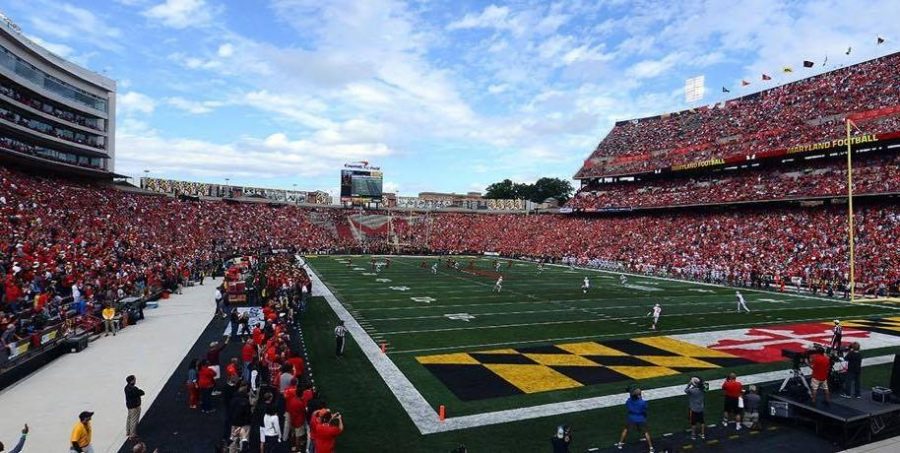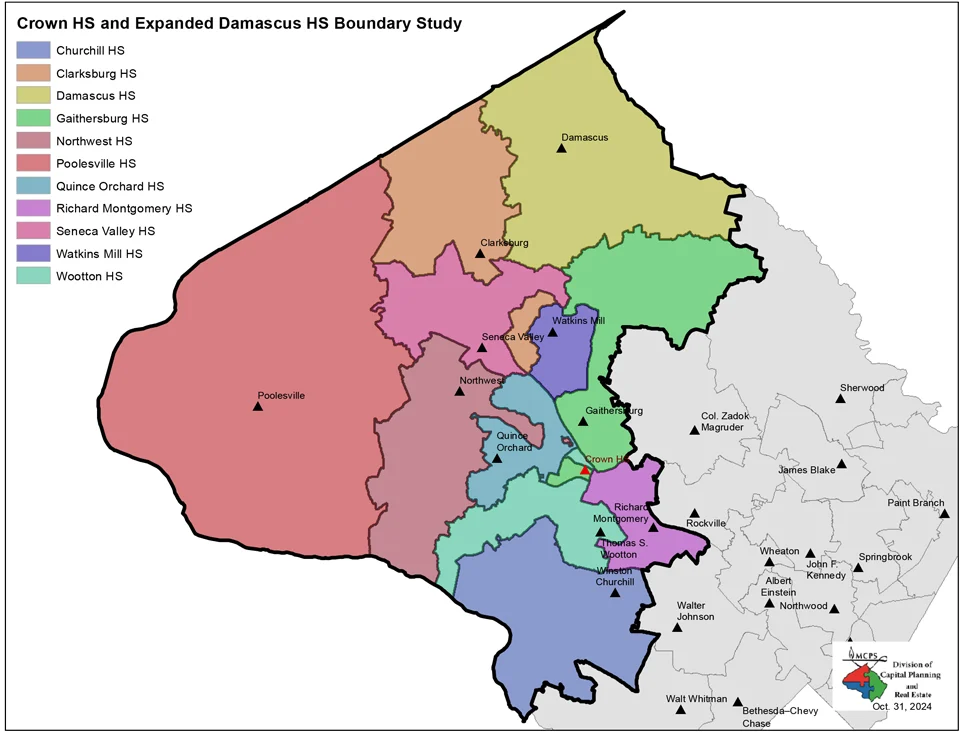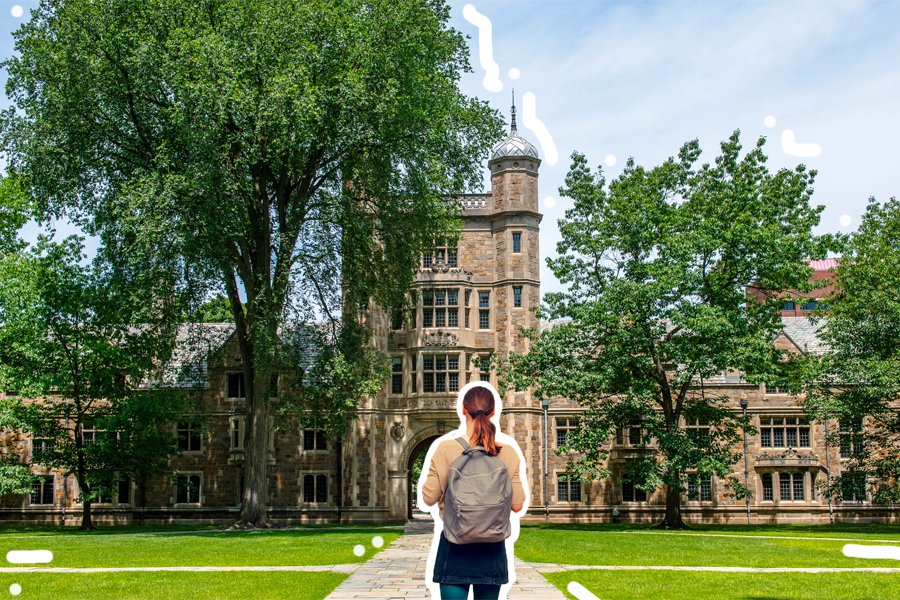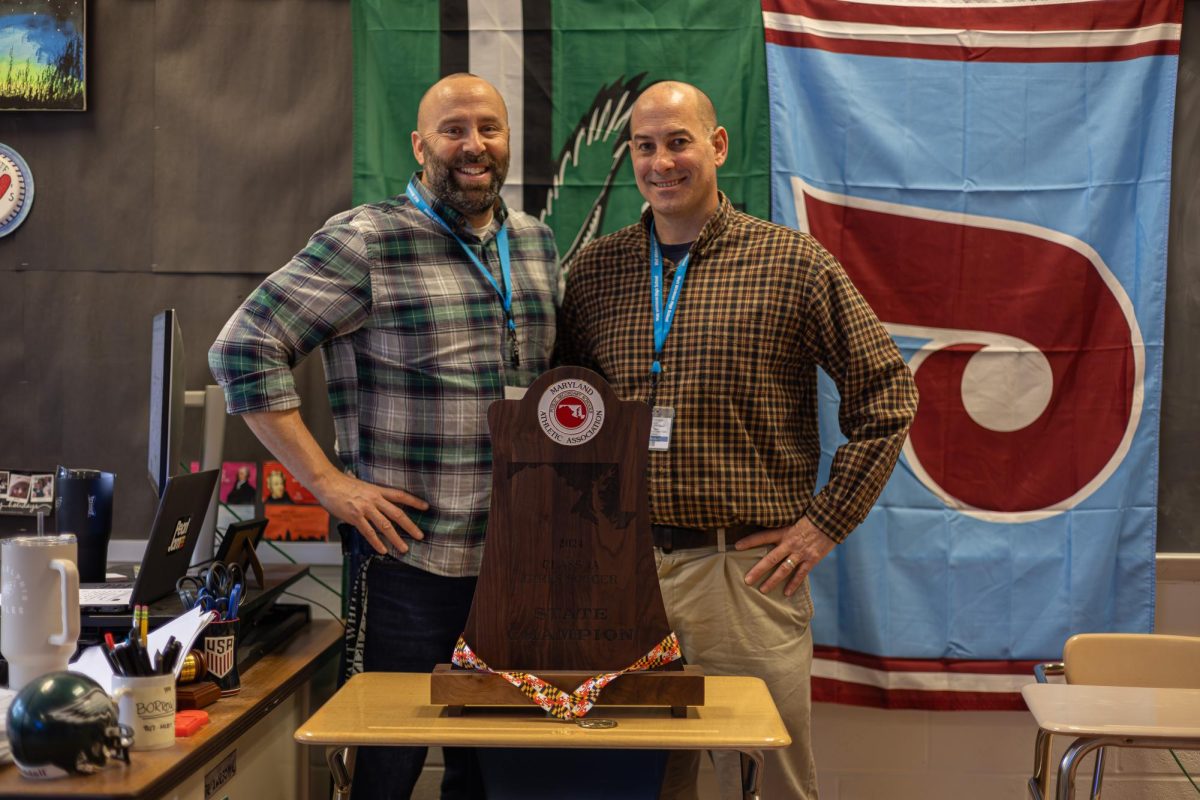After years of debates, the Board of Regents voted to change the controversial name of the University of Maryland football stadium from Byrd Stadium to Maryland Stadium Dec. 11.
It was formerly named after late university President and football coach Dr. H.C. “Curley” Byrd, who allegedly pursued racist policies in both positions, including purposeful denial of admission to African Americans.
Current President Wallace Loh created a work group to gather information about the controversy, which returned with a report Dec. 4. Loh issued a recommendation on Dec. 7 endorsing the name Maryland Stadium. Loh also emphasized the importance of acknowledging past injustices while continuing to strive for diversity and understanding today, instead of dwelling on the past.
“True change is not realized by name change alone,” wrote Loh in his report. “This controversy is symptomatic of deeper divides on campus and in the nation at large.”
Loh announced a program that will begin when UMD’s next semester starts which will facilitate dialogues about diversity and community in terms of the university moving forward in the 21st century.
In recent years, conflicts regarding racism on college campuses have arisen frequently all over the country, from the University of Missouri to Yale.
Brian Ullmann, UMD Associate Vice President of Marketing and Communications, said that most of the campus, including the students and administration, has been extremely supportive of the name change movement.
“We actually encourage our students to speak up and protest for positive change,” Ullman said. “Certainly that activism is inconvenient, when it interrupts events or restricts other viewpoints, but that’s just an essential part of free speech and living in a democracy.”
Colin Byrd (no relation to Curley Byrd), chief lobbyist for the UMD branch of the NAACP, led the protests for the change. He said he is enthusiastic about the name change and that “the removal of the most prominent symbol of school segregation in the United States” was a step in the right direction. He added that he would have preferred the stadium be named after Daryl Hill, UMD’s first African American football player.
Byrd’s name will not be wiped from campus history, and his accomplishments will be honored in a special exhibit about his life and legacy in one of the main libraries.
“Some of the concerns that individuals raised that if we were to rename Byrd Stadium somehow we would be forgetting history,” Colin Byrd said. “A lot of people didn’t even know the history in the first place, so now that he is going to be memorialized in the library, which is the lifeblood of research. I think that will really help educate people about his flaws, his strengths, his good and his bad.”











Eliot Melder • Jan 13, 2016 at 10:00 am
This is so dumb. Being a man of your time should not be used as grounds to have your achievements invalidated. Byrd was administrator in the 30s and 40s. His ideas weren’t particularly racist, he just followed the trend. Are we going to say that George Washington was a horrible person because he owned slaves at a time when it was so common, that 60% of New York City owned them? It’s like this whole crock about taking Jackson off the $20 bill. He democratized elections! Without him, the president would still be elected solely by the state legislatures, and only rich whites would be allowed to vote. The idea that you can be mad at someone for being the same as everyone else in their time is absolute garbage, and changing the names on monuments away from people you arbitrarily chose not to like is the worst form of censorship.